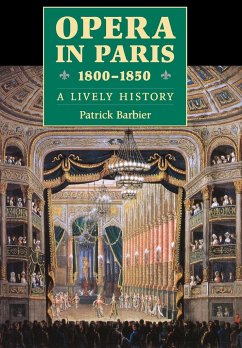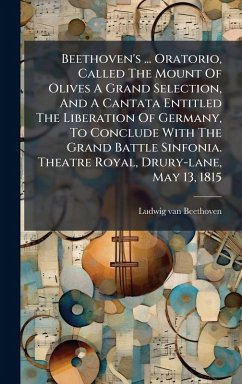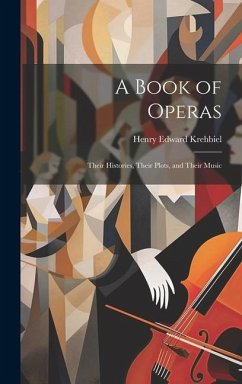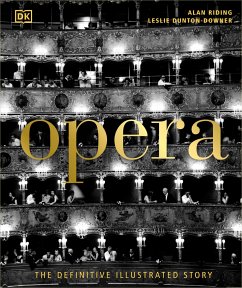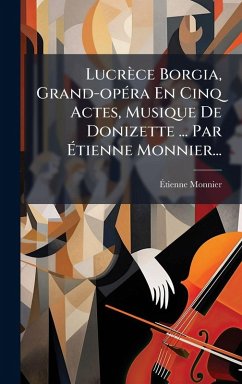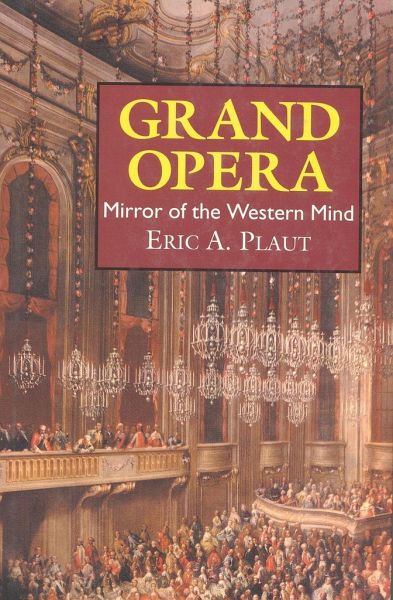
Grand Opera
Mirror of the Western Mind
Versandkostenfrei!
Versandfertig in über 4 Wochen
21,99 €
inkl. MwSt.

PAYBACK Punkte
11 °P sammeln!
Employing a remarkable combination of expertise in music, opera, and psychological insight, Eric Plaut explores the great operas and their composers from the time of the French Revolution to the onset of the First World War. He sees opera as the preeminent medium for expressing human willfulness, its characters driven by emotions of passionate intensity. The great composers of opera were also governed by their feelings and heavily influenced by the life of their time. Weaving together these social, psychological, and historical strains, Dr. Plaut investigates the meaning behind eighteen of the...
Employing a remarkable combination of expertise in music, opera, and psychological insight, Eric Plaut explores the great operas and their composers from the time of the French Revolution to the onset of the First World War. He sees opera as the preeminent medium for expressing human willfulness, its characters driven by emotions of passionate intensity. The great composers of opera were also governed by their feelings and heavily influenced by the life of their time. Weaving together these social, psychological, and historical strains, Dr. Plaut investigates the meaning behind eighteen of the greatest operas, including Tristan and Isolde, Madame Butterfly, Tosca, Die Fledermaus, The Barber of Seville, Aida, Tales of Hoffmann, Fidelio, Lucia di Lammermoor, Carmen, Boris Godounov, Otello, Salome, and Faust. At the same time he looks into the lives of their composers, seeking those experiences and characteristics which help to explain both the opera in question and the composer's larger body of works. The result is an unusually satisfying and perceptive view of grand opera, a book that will be essential for opera lovers and informative and entertaining for general readers.



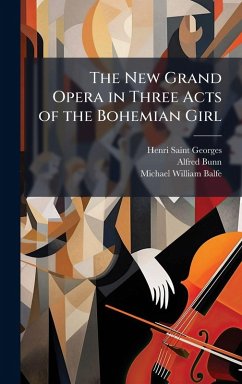
![The Huguenots. Gli Ugonotti. A Grand Opera in Four Acts. Words by Scribe and LogouvÃ(c) [i.e. LegouvÃ(c)] Cover The Huguenots. Gli Ugonotti. A Grand Opera in Four Acts. Words by Scribe and LogouvÃ(c) [i.e. LegouvÃ(c)]](https://bilder.buecher.de/produkte/74/74512/74512322n.jpg)

